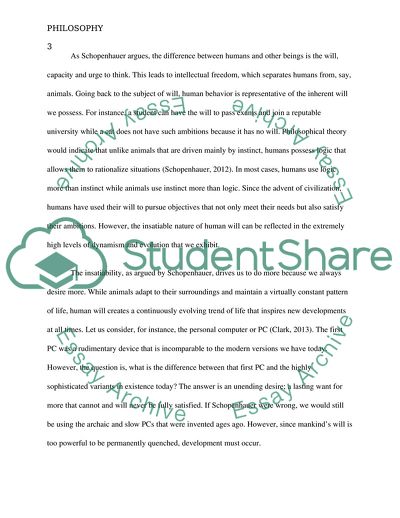Cite this document
(19th Century Philosophy Essay Example | Topics and Well Written Essays - 1500 words, n.d.)
19th Century Philosophy Essay Example | Topics and Well Written Essays - 1500 words. https://studentshare.org/philosophy/1862999-19th-century-philosophy
19th Century Philosophy Essay Example | Topics and Well Written Essays - 1500 words. https://studentshare.org/philosophy/1862999-19th-century-philosophy
(19th Century Philosophy Essay Example | Topics and Well Written Essays - 1500 Words)
19th Century Philosophy Essay Example | Topics and Well Written Essays - 1500 Words. https://studentshare.org/philosophy/1862999-19th-century-philosophy.
19th Century Philosophy Essay Example | Topics and Well Written Essays - 1500 Words. https://studentshare.org/philosophy/1862999-19th-century-philosophy.
“19th Century Philosophy Essay Example | Topics and Well Written Essays - 1500 Words”. https://studentshare.org/philosophy/1862999-19th-century-philosophy.


